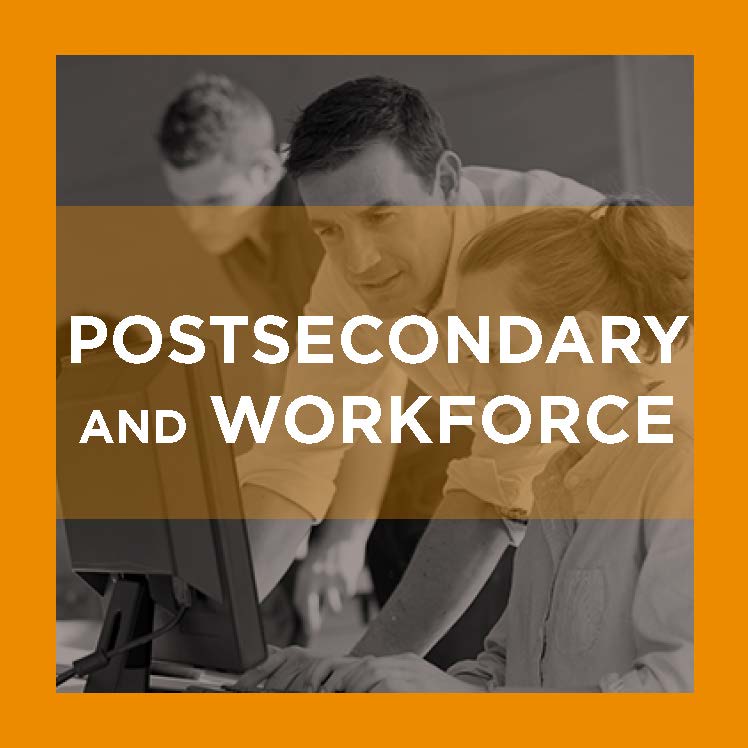Does financial wellness and literacy promote educational success? Many policymakers, practitioners and institutional leaders think so. A national survey that captures the financial well-being of postsecondary students shows that foster care alumni’s higher education aspirations and attainment often rest within a confusing array of overlapping policies at federal, state and institution levels.
Trellis Company designed the Student Financial Wellness Survey, a self-reported and online survey, to document the financial well-being and success indicators of postsecondary students across the nation. The fall 2018 survey captured the attitudes, perspectives and financial behaviors of over 17,000 students from 58 colleges and universities with a total enrollment of nearly 700,000.
Approximately 1.5 percent of respondents were foster care alumni, and their responses offer policymakers an in-depth look at the web of interventions available, students’ awareness of them and the broader state policies that can support student success. Here are some key findings:
Sixty percent designated on the FAFSA that they were previously in foster care or a ward of the state.
- Thirty-one percent of respondents across all institution types indicated they did not disclose their status on the FAFSA (9 percent were unsure), which means they missed out on potential funding to support their postsecondary enrollment and graduation goals. The FAFSA is the most comprehensive tool for awarding federal financial aid earmarked for this population, so underutilization also has a cascading effect on state and institutional policy goals, campus program utilization and targeted aid programs.
Twenty-eight percent indicated that they received funding/support as a result of identifying on the FAFSA.
- While it appears some students are utilizing the funding supports offered either at the federal or state level, 40 percent indicated being “unsure” if they received funds as a result of their disclosure. This demonstrates a lack of knowledge about available aid programs and their eligibility criteria.
Twenty-seven percent thought their state offered a state-level, foster youth-specific financial program or tuition waiver. Of those, 48 percent indicated having participated in some type of financial support program.
- Despite usage indicators, 60 percent of foster care alumni students surveyed didn’t know if their state had a target foster youth program, deepening communication challenges. Nine of the 12 states captured in the survey offer state-level tuition assistance programs specifically for foster care alumni.
Fourteen percent shared that their institution has a foster youth, campus-based support program. Of those, 64 percent have participated.
- While an increasing number of institutions have targeted outreach programs, 72 percent of foster care alumni indicated “I don’t know” when asked about their respective institutional support services. These types of programs have high levels of engagement with foster care alumni students and can be vital sources of support throughout the collegiate experience —offering social networks, employment assistance, mentors and financial literacy education.
So what can policymakers do?
State policymakers have a crucial role in bridging multiple intervention points along the educational pathway that can promote financial wellness and ultimately, the potential for success among foster care alumni. FAFSA simplification; state-level tuition waivers; broad state data sharing systems; and targeted, campus-based outreach programs could be likely change-levers for state policymakers.
For example, in 2017 and 2018, policymakers enacted 31 pieces of legislation across 17 states that directly addressed increased educational supports for either youth currently in the foster care system or individuals with a previous history of care. Topics of focus include:
- Academic preparation, transfer and enrollment (Arkansas, Kentucky, Oklahoma and Texas).
- Education funding (California, Illinois and Maryland).
- Wraparound support services, such as mentoring and family assistance (California, Georgia, New Mexico and Washington).
Clear communication, diverse outreach strategies and collaboration between programs and practitioners on campus are imperative tools to promoting better educational outcomes — and can work in concert with existing financial wellness efforts to create a scaffolding of equity-minded supports for this often-neglected population.








